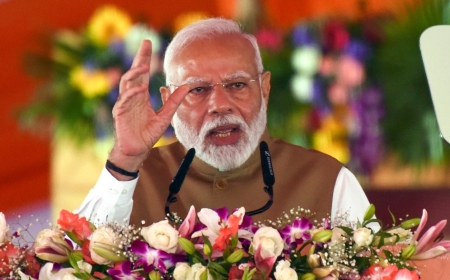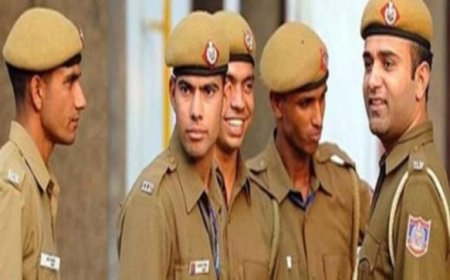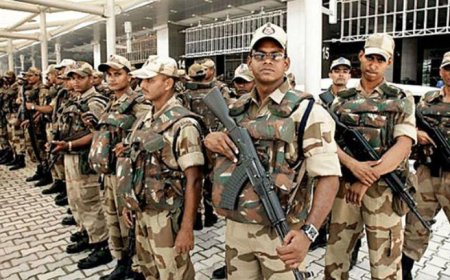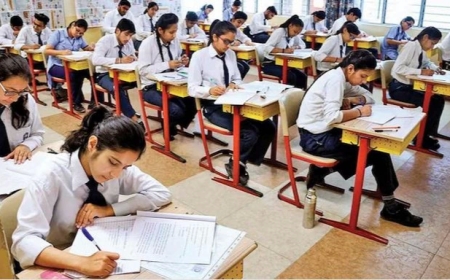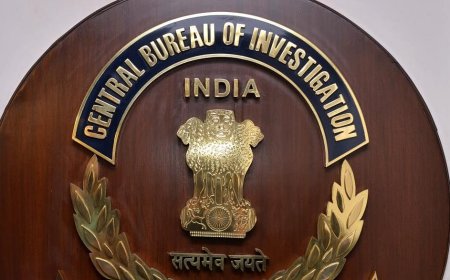In a concerning development, the Indian Home Ministry is taking strict action against individuals making fake bomb threats, following a series of incidents involving a dozen flights over the past three days. All the threats have been investigated and confirmed as false, but the repeated nature of these calls has prompted serious measures.
On Wednesday, the Home Ministry convened discussions with the Ministry of Civil Aviation (MoCA) and the Bureau of Civil Aviation Security (BCAS) regarding the situation. According to government sources, the Bomb Threat Assessment Committee is reviewing these threats, and law enforcement agencies are collaborating to identify the perpetrators. Those found responsible for making false calls will be placed on a "no-fly list," preventing them from traveling by air.
On the same day, two flights—an Akasa Air flight and an IndiGo flight—received bomb threats that later turned out to be hoaxes. This marked the 12th incident within a span of three days. Earlier, an IndiGo flight from Mumbai to Delhi was diverted to Ahmedabad after a similar threat surfaced on social media. This flight, which was carrying around 200 passengers and crew, confirmed the threat to be false after an investigation.
The Akasa Air flight, designated QP1335, was en route to Bengaluru when it received a security alert, leading to an emergency return to Delhi. The aircraft, carrying 174 passengers, including three infants, made an emergency landing at Indira Gandhi International Airport around 1:15 PM. Upon landing, the plane was taken to an isolation bay, and passengers were safely deplaned, receiving refreshments and regular updates.
Earlier reports indicated that seven flights received false bomb threats on Tuesday, including Air India’s Delhi-Chicago route, Air India Express from Jaipur to Bengaluru, an IndiGo flight from Dammam to Lucknow, and others. The previous day, two IndiGo flights and one Air India flight were also targeted by similar threats, including a Mumbai-New York Air India flight and flights to Muscat and Jeddah.
The Bureau of Civil Aviation Security (BCAS) is actively working with cybersecurity agencies and police to trace the individuals behind these threats, emphasizing the seriousness of the situation as air travel safety remains a top priority.

 Like
0
Like
0
 Dislike
0
Dislike
0
 Love
0
Love
0
 Funny
0
Funny
0
 Angry
0
Angry
0
 Sad
0
Sad
0
 Wow
0
Wow
0



